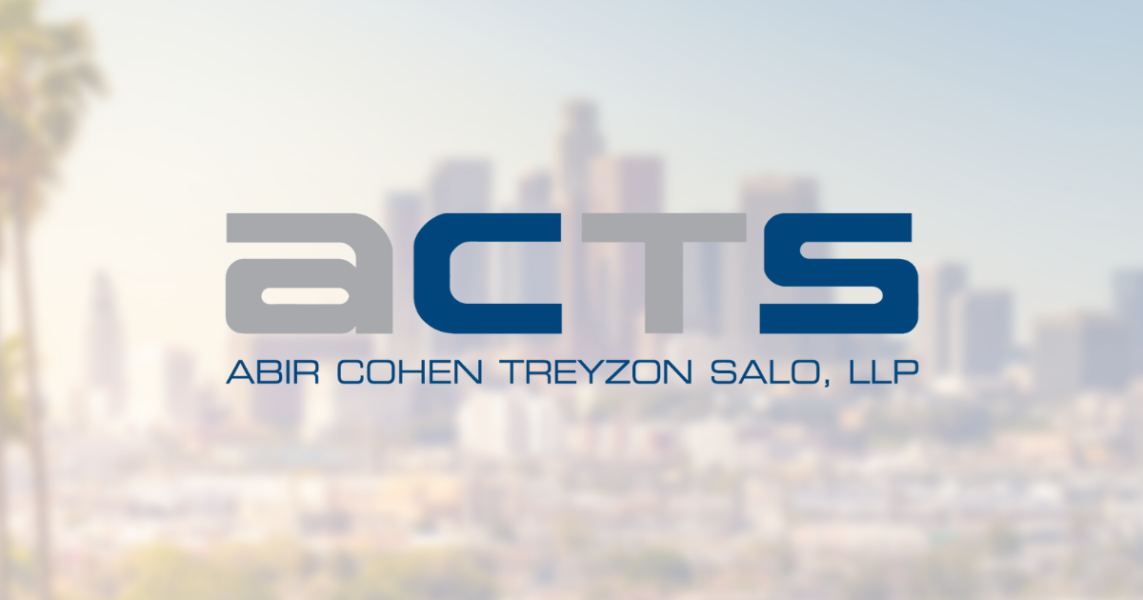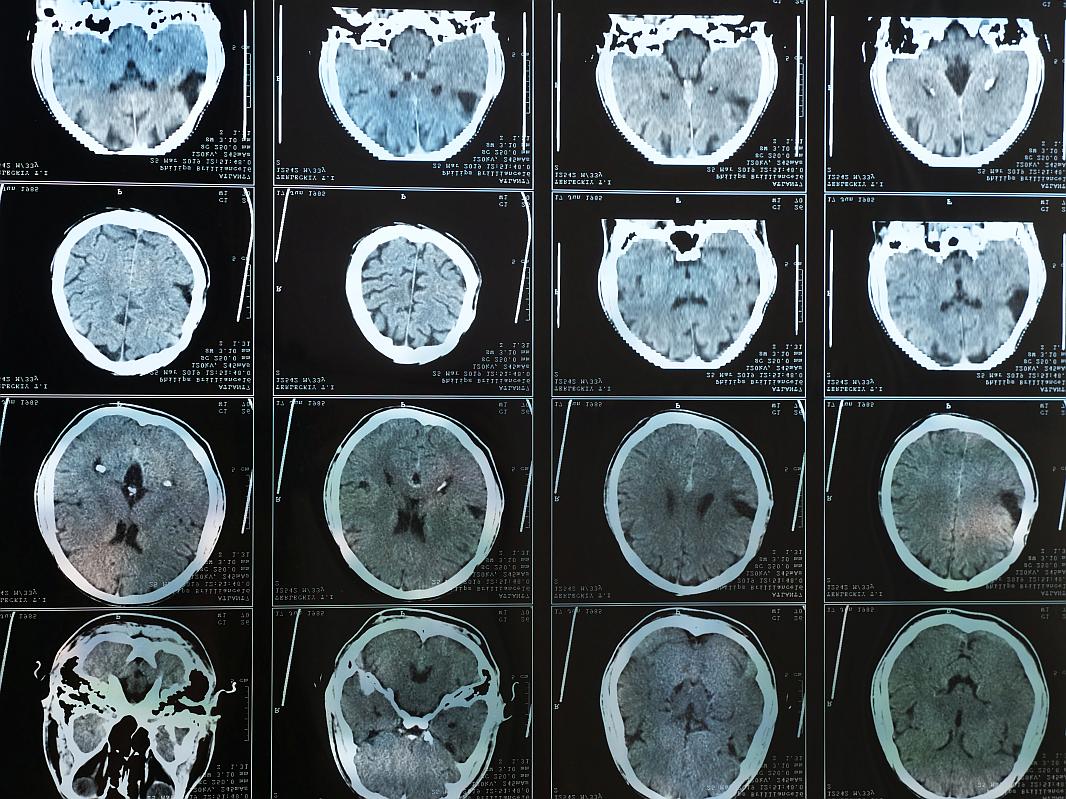
Linking Traumatic Brain Injuries and Mental Health Disabilities
It is well documented that a traumatic brain injury (TBI) can directly cause disabilities and mental health issues, since a blow to the head often impacts more than one area of the brain.
The Brain Injury Association of America notes that the highest prevalence of mental health struggles caused by a brain injury includes depression, anxiety, post-traumatic stress disorder (PTSD), and many emotional changes (which are often described as personality changes).
We recently discussed the various ways in which TBIs can occur, but many victims who suffer from resulting mental health issues are not aware they may qualify for disability benefits. In the spirit of Mental Health Awareness Month (#MHAM), which is held annually in May, we also aspire to inform the public by exploring the most common emotional, cognitive, and psychological struggles linked with TBIs.
Depression
A major depressive disorder involves a consistently depressed mood or loss of interest or pleasure in normal activities for at least two weeks.
Depression is quite common following TBIs. The Model Systems Knowledge Translation Center estimates that nearly half of all people with TBIs are affected by depression within the first year after injury. Nearly two-thirds are affected within seven years after injury. Changes in the levels of certain natural chemicals in the brain, called neurotransmitters, can cause depression. It can also be triggered by someone’s emotional struggle to adjust to their disability or the change in their family dynamic.
Anxiety
Clinical anxiety extends beyond general stress. It is a medical disorder defined by excessive feelings of worry, persistent or even intrusive thoughts about certain fears, or constant fear in general.
PTSD
Many people who suffer a TBI also develop PTSD, which is difficult to diagnose because physical and mental signs of the injury might not be immediately evident. The Department of Veterans Affairs (VA) notes that many of the symptoms which result from a TBI reflect those of PTSD. For these reasons, the VA suggests the best way to diagnose a TBI is to meet with a skilled clinician.
Aphasia
Aphasia is a cognitive condition that limits a person’s ability to communicate. Understanding and relaying information becomes a challenge. Aphasia.org notes that depending on the severity of the trauma, aphasia due to TBIs could be transient or more permanent, and is often accompanied by other cognitive problems since multiple areas of the brain are usually affected.
Actor Bruce Willis announced his retirement due to his aphasia diagnosis. While the cause of his condition is not yet made public, it shined a light on the communication disorder, which the National Aphasia Association says affects roughly 2 million people in the U.S. and is more common than Parkinson’s Disease, cerebral palsy, or muscular dystrophy.
The National Alliance on Mental Illness (NAMI) reports that 1 in 5 U.S. adults experience mental illness each year, but less than half of them receive treatment. While not everyone dies from a TBI, they will live with mental health issues. Identifying the signs of mental health disabilities caused by a TBI can help the injured person and the families secure justice, adequate compensation and create long-term plans.
HOW CAN ABIR COHEN TREYZON SALO HELP ME?
Insurance companies try to find ways to deny an injured claimant or compensate them much less than they deserve. To secure the maximum coverage from your insurance plan, contact an experienced lawyer who understands brain injuries and mental health disabilities, knows what your insurance policy covers, and will negotiate. If you or your loved one suffers from a TBI, contact our Los Angeles insurance lawyers at ACTS LAW. We can help you receive maximum benefits from your insurance company in an effort to help you live as comfortably as possible. To schedule a free, confidential consultation, call us today at 833-228-7529 or contact us online. With offices located in Los Angeles and San Diego, we serve clients throughout Southern California.

Traumatic brain injuries (TBIs) are severe and disabling injuries that occur when the brain is struck or jolted by external forces. They are a leading cause of death and disability, impacting millions...

It is never simple to live with a traumatic brain injury (TBI). Even survivors of supposedly "minor" brain injuries might experience long-term consequences that affect their life and ability to suppor...

Traumatic brain injuries (TBIs) occur when someone experiences a violent blow or jolt to the head or body. These are often caused by falls, car accidents, and serious sports injuries. TBIs can also occ...